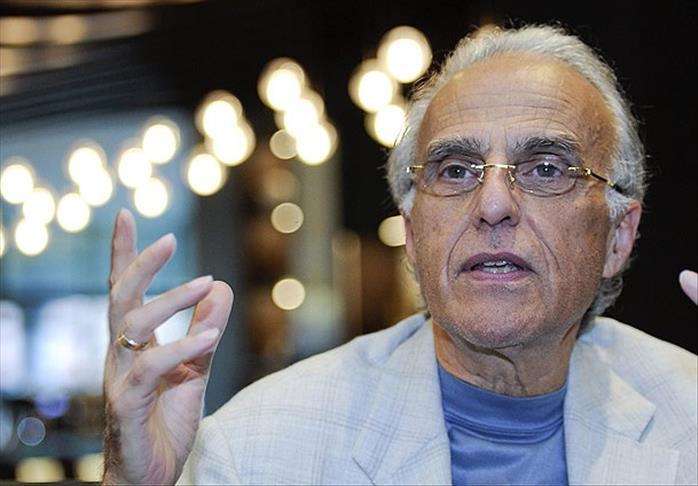
ISTANBUL
The uprising in the Middle East was unexpected and unavoidable but shocked the Arab world and the West at the same time, said a professor at Georgetown University.
John Esposito is a university professor of religion & international affairs and Islamic studies and the director of the Prince Alwaleed Bin Talal Center for Muslim-Christian Understanding at Georgetown University.
Professor Esposito evaluated the 'Arab awakening' and its challenges to the Anadolu Agency (AA) while attending an international conference titled "Arab Spring and Peace in the New Middle East: Muslim and Christian Perspectives" in Istanbul.
Professor Esposito highlighted that the uprising in the Middle East was inevitable but no one expected it to happen soon, because the states were authoritarian regimes and security states which also enjoyed the support of the United States and the European Union. Prof. Esposito told that although the U.S. and the EU did not approve violation of human rights in the authoritarian regimes in the region, they saw them as reliable allies to assure more important issues such as national interests, stability and security in the Middle East, access to oil, security of Israel and others.
''When it happened even the activists would say that they did not believe how quick and effective it happened in the way that they did. Social media provided an opportunity (for example in Egypt) to challenge the regime and demand reforms but they were not expecting to overthrow Hosni Mubarak'' said Prof. Esposito.
He explains the reasons for the 'shock and awe' that how quickly dictators in Tunisia, Egypt and even Libya fell as those rulers had ruled the country for generations with tight control based on state security systems thus, most people were raised and had come to accept this reality in order to live and survive.
Prof. Esposito defines it as 'the politics and culture of authoritarianism'.
The director of the Prince Alwaleed Bin Talal Center also pointed out that there was no attempt to build real 'national unity' in the countries affected by the Arab spring, because rulers were primarily concerned with their security and legitimacy rather than promoting a strong society based on national unity across ethnic, tribal and religious lines.
Writing by Zehra Yaman


